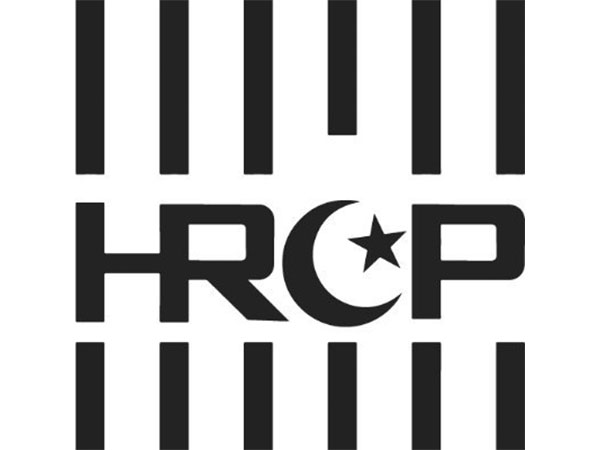The Human Rights Commission of Pakistan (HRCP) on Sunday expressed concern over the state of law and order in upper districts of Sindh, mentioning the high incidence of gender-based violence, slow pace of rehabilitation of flood-affected communities and safety issues for journalists, reported the News International.
Following the conclusion of a fact-finding mission in northern Sindh, HRCP said it was concerned over the political and feudal influence on state institutions and agencies, which made the people’s access to justice unpredictable and affected their awareness of their rights.The findings were revealed during a press conference at the Karachi Press Club.
The HRCP mission said it received reports that families affected by the devastating 2022 floods had yet to receive compensation or assistance for rebuilding their homes.
The mission was told by the Qambar-Shahdadkot deputy commissioner that over 142,000 houses in the area alone had been destroyed, reported The News International.
Additionally, the destruction of a large number of schools had severely interrupted children’s education and there were little signs that the situation would improve.
Moreover, HRCP was shocked to know that at least 300 cases of kidnapping for ransom had been reported in Ghotki with women and children as primary targets, reported The News International.
HRCP chairperson Hina Jilani said that residents had also alleged the complicity of law enforcers in such crimes due to hundreds of check posts that lined the border.
The incidence of forced conversions was raised by numerous respondents who said that they now feared sending their daughters to school lest they were abducted, reported The News International.HRCP also noted reports of extrajudicial killings as well as demotivation of police who said they were vulnerable as weapons of the criminal gangs operating in the area were more advanced weapons than theirs.
During their visit to Kandhkot and Jacobabad, which appears to account for the highest number of Karo Kari (honour killings) in the province, the mission was appalled to learn that the victims of honour killings included underage girls, married women and even elderly women, reported The News International.The families of the victims complained of needlessly long delays in the investigation as well as in court hearings.
The mission was also concerned after learning that journalists based in Ghotki, Kandhkot and Larkana found it difficult to report against influential persons for fear of reprisal in the shape of death threats, kidnappings, assault and forged FIRs, reported The News International.During their visit to Larkana, the mission found that reports of enforced disappearances were rampant with the victims’ families complaining that they were forced to travel to Karachi to attend successive hearings of the Commission of Inquiry on Enforced Disappearances, which in many cases was not financially viable for them.Jilani said the victims’ families also recounted receiving threatening phone calls from unidentified persons when they reported such cases.

